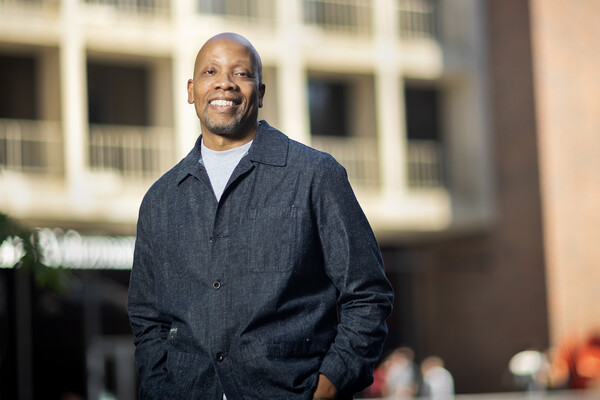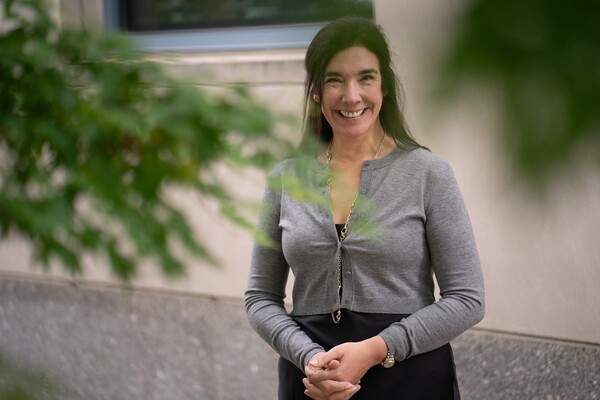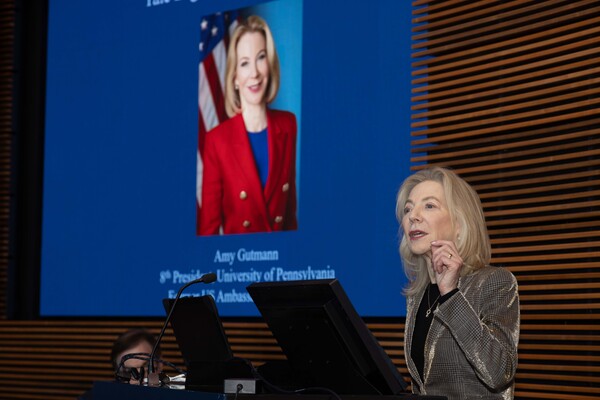
What can ants and naked-mole rats teach about societal roles?
PIK Professor Shelley Berger and colleagues explored the genetic basis of labor distribution in communal-dwelling species and discovered that pathways dating back hundreds of millions of years are conserved across animal kingdoms. Their findings offer fundamental insights into complex social behaviors.




